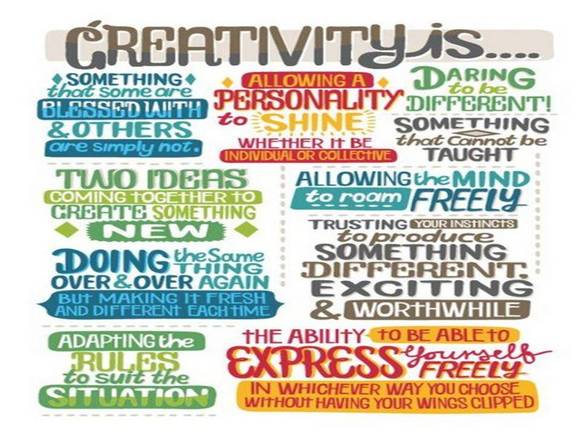
Though, the workshop model seems to be simple at first sight, is has its strict rules that we should follow. No knowledge transmitting. The teacher has no right to provide any information until students feel the necessity of it, it forces the teacher to think of building up situations for them to feel the lack of knowledge and the lack of information they need. This point causes teachers’ irony; most of them don’t believe that our students would ever feel hungry for knowledge. But only this way we can hope to hear “I want to know how, why and so on.” Furthermore, if the students don’t undergo emotional experience of the gap between the old and new knowledge, it is considered that the workshop hasn’t come off. The gap is to be planned by the teacher by giving controversial ideas. That’s the thing we aren’t used to. Organizing the gap seems to be the main difficulty. During the workshop students should cooperate and evaluate their own opinions by comparing and analyzing them with others’. Cooperation and creation are the means of achieving the goals. No marks. The students are astonished and puzzled first, they even demand marks for the work, but when they accept the freedom of creative process, the mark is no longer their goal. Reflective thinking leads to self correction and self evaluation. It takes the tension off the studying process and results in personal development. The workshop model is simple and powerful. Children learn by doing. In fact they don’t need telling about the subject; they need more time to do learning. Teachers learn to take on new roles; we are the authors of the process of learning which is rewarding.
The result of the workshop style is that it changes the teacher as well as the students. I’ve changed my approach to traditional lessons, it is no longer routine textbook work and the students have become more independent, more creative, they are becoming intelligent thinkers.
Educational Workshop “Eureka”10 form, 2 hours, Upper – Intermediate level.
|
|
|
AIM To prepare students for writing an essay.
|
1. To enrich and broaden pupils outlook on the theme.
2. To develop mental abilities by teaching the pupils to compare, analyze, evaluate, and make their own opinion and choice. 3. To develop language skills in listening, reading and speaking on the theme. |
|
TASK the students have to set for themselves
|
|
|
Procedure of the workshop
|
|
|
I stage – Knowledge Hunger Developing (the first lesson)
|
|
|
Stages |
Contents |
| 1. Master’s word: | Dear students, before we start working I would like you to find your family groups. (The students take cards and make up groups. (Appendix 1) Well, wonderful inventions have been made in science and technology recently. These advances are changing the lifestyle of millions of people all over the world. Look at the title of the lesson. Eureka. Who said it? What kinds of people have “Eureka moments”? Why don’t most people have them?
|
| 2. Induction
|
Have a look at the slide 2 with info graphics. Read carefully the wise quotes presented on it and speak on the information you get. Express you own understanding. What shall we devote the lesson to? (Group work. After the discussion each group chooses a speaker to express the summery of the thoughts.)
|
| 3. Creating a product |
a). T: What is creativity? Make up a definition of creativity. b). Think of the ways of developing creativity.
|
| 4. Socializing and sharing. | Students present their lists of ways how to develop creativity. And explain their ideas.
|
| 5. Reflective thinking and self correction and self evaluation | a) Students say what ideas they like best.
b) Study the slide 3 with info graphics and chose 3 definitions the find most appealing to them and explain why. c) The groups set the goals for the workshop according to Blum’s levels ladder of thinking. Slide 4. The technique is called “6 Qs= 6 questions. d) The students make up the joint ladder of goals. Slide 5.
|
| 6. Gap Formation. | a) T: Have you ever heard of Harry Houdini? The master magician once amazed the whole by making the elephant vanish. Do you believe it can? Now you are going to do the same. Slide 6. (Students experiment with a piece of paper, and then try to say why the elephant vanishes.)
Well, we normally focus on what we are looking for and don’t see anything else. (Appendix 2. The experiment) b) Do the test and find out if you are a creative thinker. Slide 7. c) In 3 min add lines to these boxes to make each one into a different object. Slide 8. d) How much do you know about science? Slide 9-10.
|
|
II. Knowledge building stage. (the second lesson)
|
|
|
a). Listening Task Discussion:
You are going to a listen to a radio program about creative thinking. First look at the photos and say what is happening? Slide 11. Then listen to the first part of the program and answer the questions. (Appendix 3-4. Listening task №1. 6.11) 1. Why don’t most people think creatively? 2. What was the gorilla experiment? 3. What happened when Dr. Wiseman tried the experiment on a group of top scientists? Before you listen to the rest of the program, look at the photos on slide 12. In what way do you think these three things were innovative? Then listen and answer the questions. (Listening task № 2. 6.12) 1. What does the gorilla experiment demonstrate? 2. Why are the three things in the photo examples of creative thinking? 3 What did Dr. Wiseman recommend to the journalists? Why? 4. What was Dr Wiseman’s creative idea? b). Reading Task Discussion: You are going to find out how scientists throughout history have suffered to make their discoveries. Read the extracts and label the illustration A-D. How many scientists actually died as a result of their research? Slides 13-14. Appendix 5. Reading task. c). Vocabulary Study To speak about different kinds of scientists we have to revise word formation. Your task 1 is to fill in the missing word. Slide 15. (Slide 16 is for students’ self correction). Your task 2 is to match the different kinds of scientists with what they study. Slide 17. Your task 3 is to complete the sentences with a word made from the words in bold. Slide 18. d). Grammar Study Task 1. Complete the sentences with a correct form of a verb from the list. Underline the stress in the verbs and in the bold words. Slide 19. Task 2. Match the verbs to a suitable noun and fill in the gaps. Slide 20. e). Practice of Speaking. “Talking about science”. Students work in pairs asking questions in turn. Slide 21. Appendix 6. “Talking about science”.
|
|
T: So, let’s turn back to the questions we tried to answer at the first lesson
|
|
a) The students present their ideas to the class.
b) The students make up a summery and draw their conclusion.
|
|
Teacher: Do you think our workshop has been useful? Why? Will you be able to write an opinion essay on the theme? «In any occupation discipline is more important than сcreativity”
Before we finish I would like you to read and reflect later on about the words said by Adrienne Rich in his speech “Claiming at Education” at the convocation of Douglass College in 1977: Slide 24
“Responsibility to yourself means refusing to let others do your thinking, talking and naming for you; it means learning to respect and use your own brains and instincts; hence grappling with hard work.”
Thank you for being active and creative!
|
| The Language Material Used in the Workshop and References
|
|

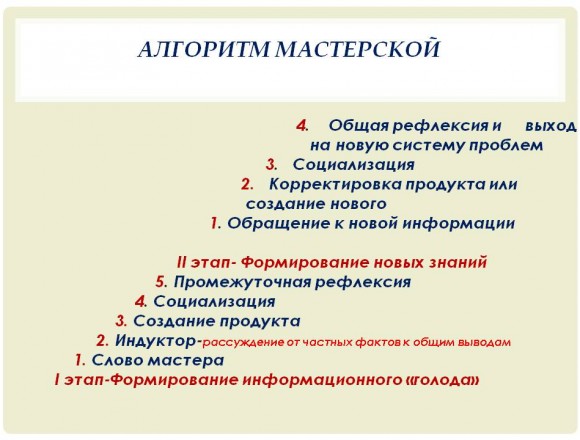
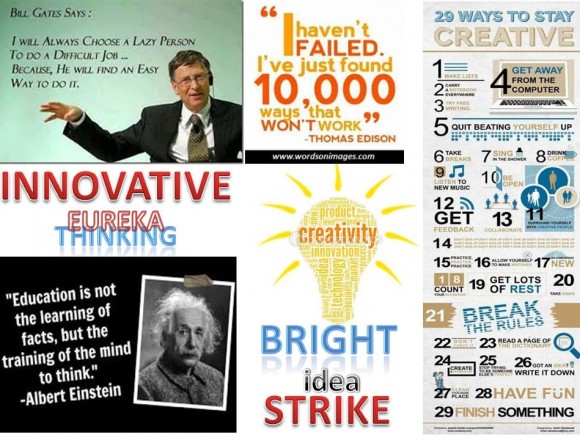
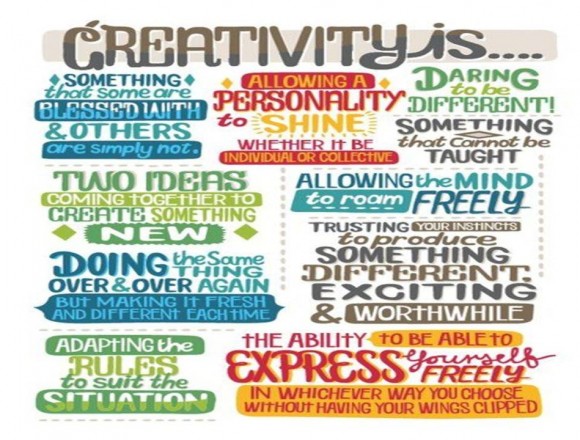
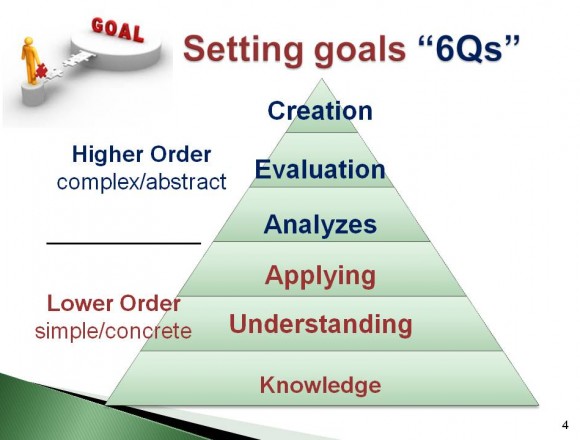
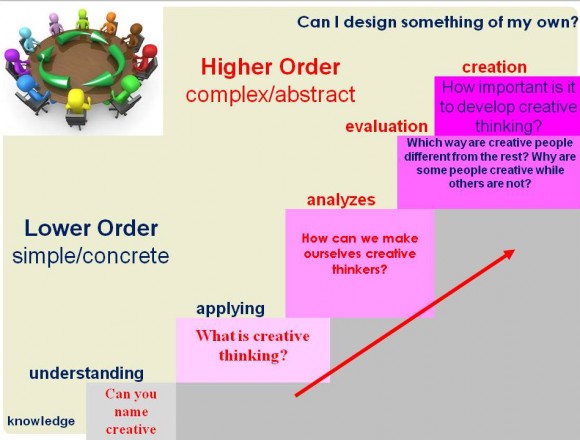
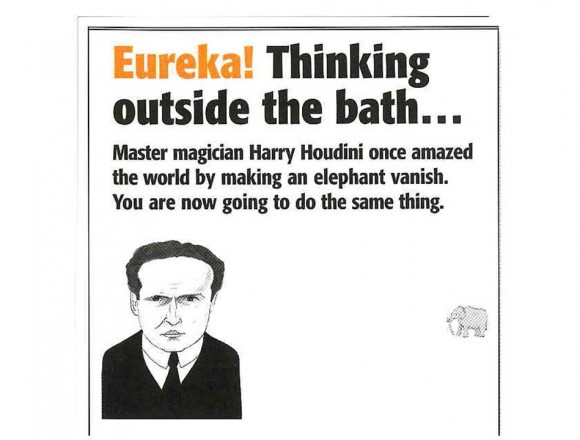
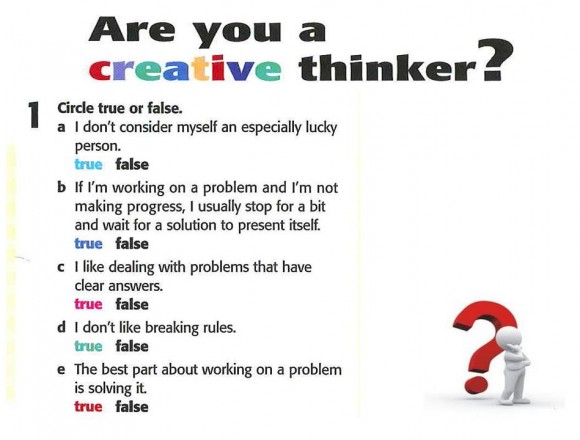
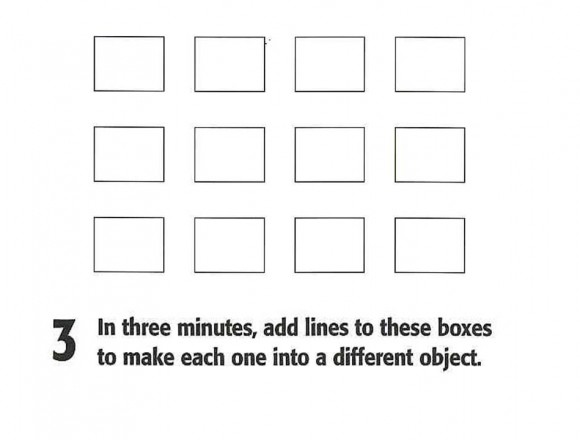
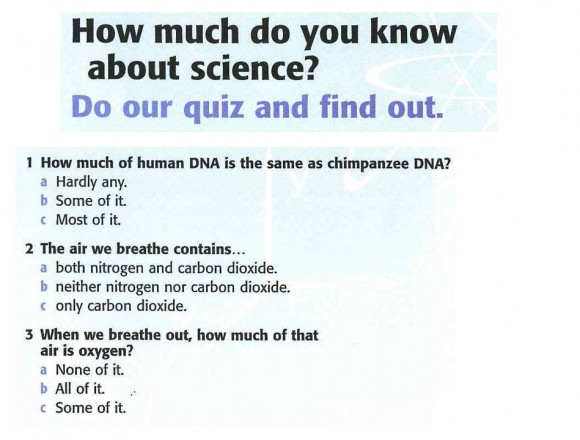
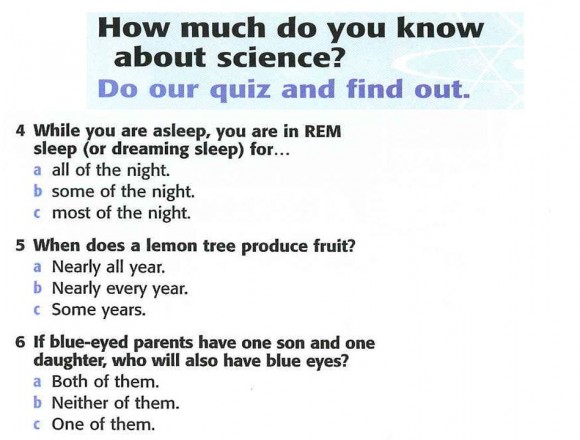
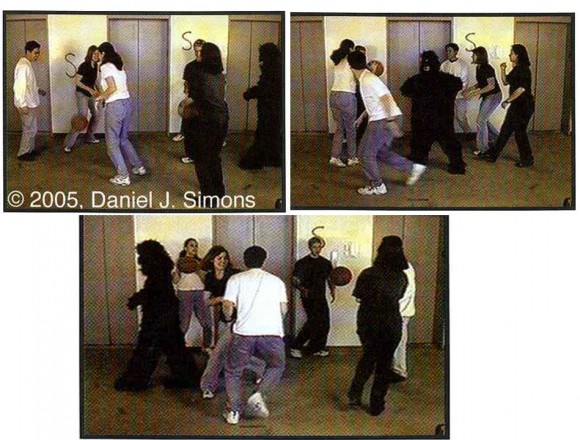
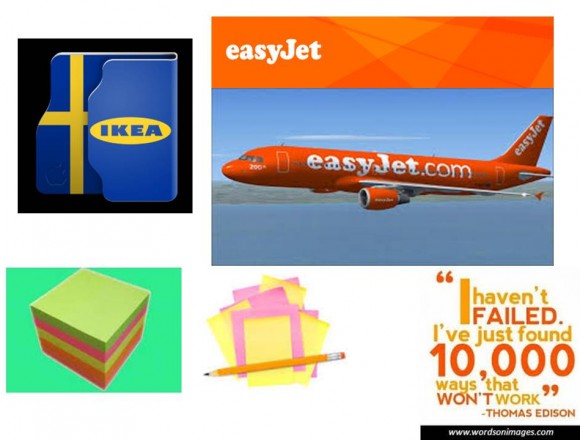
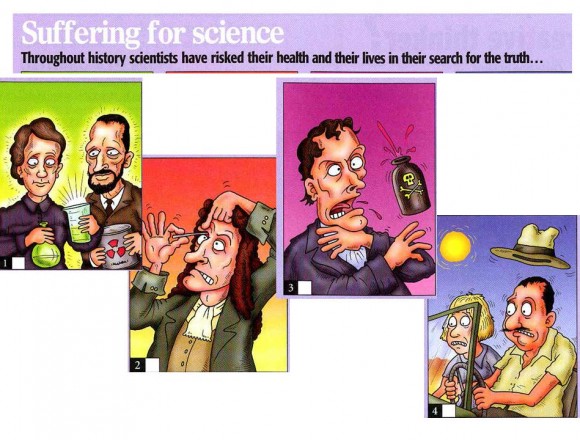
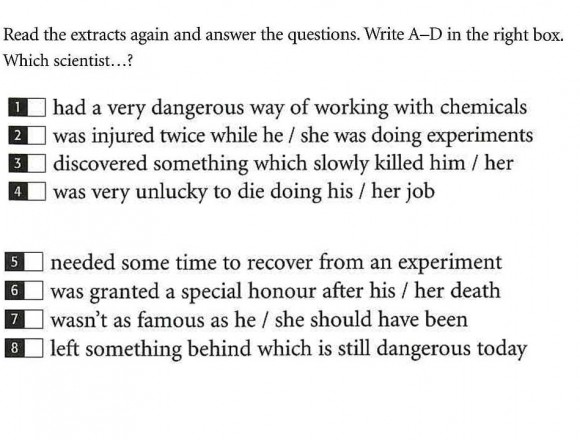
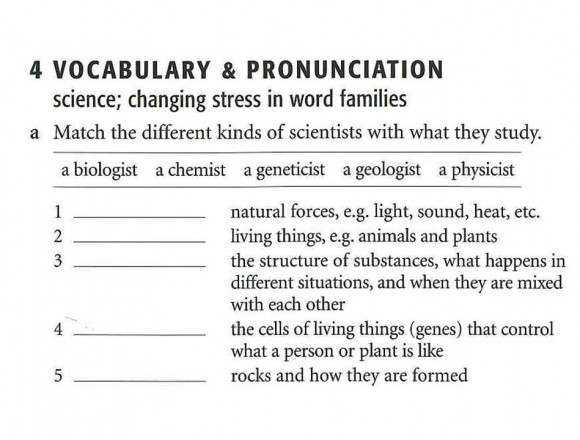
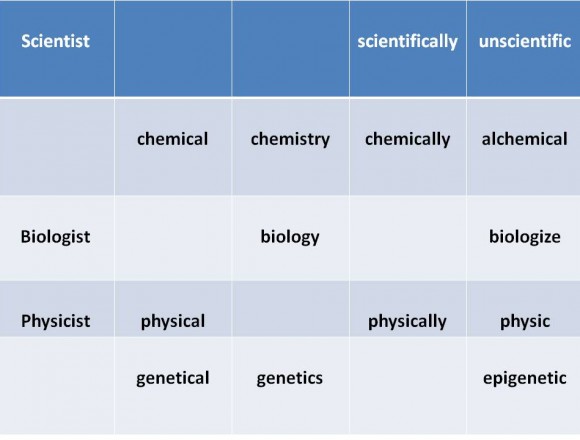
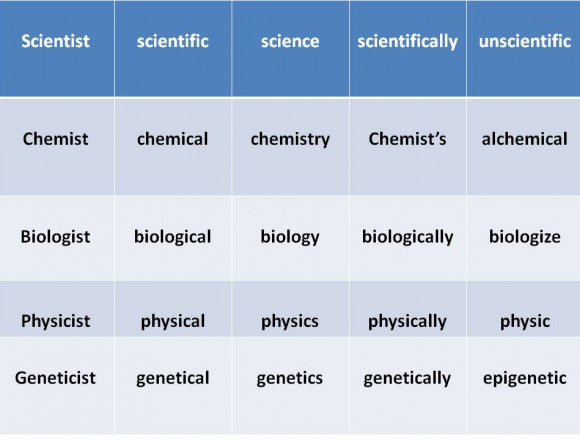
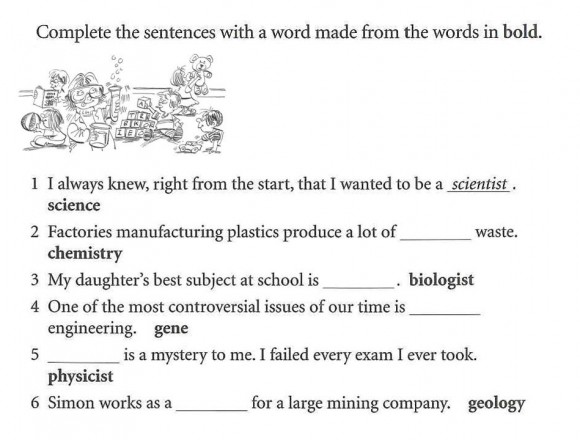
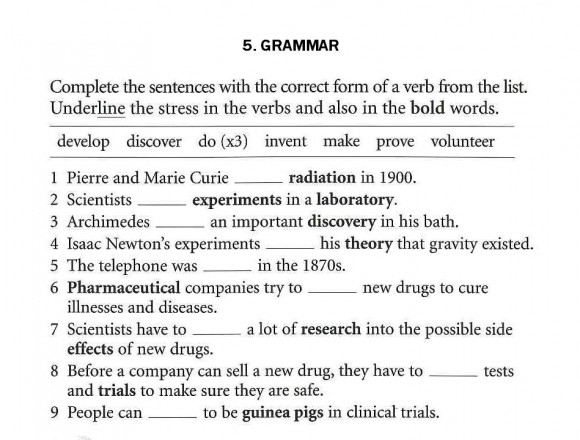
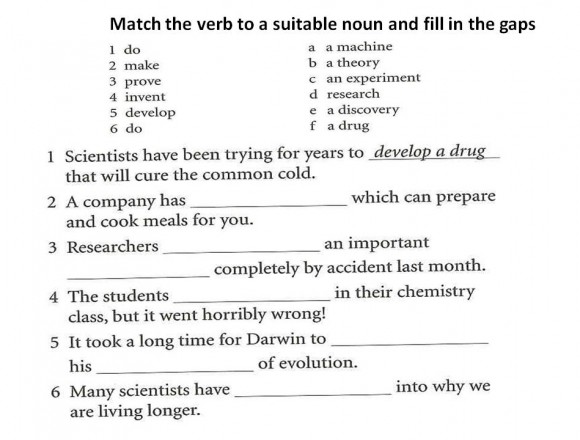
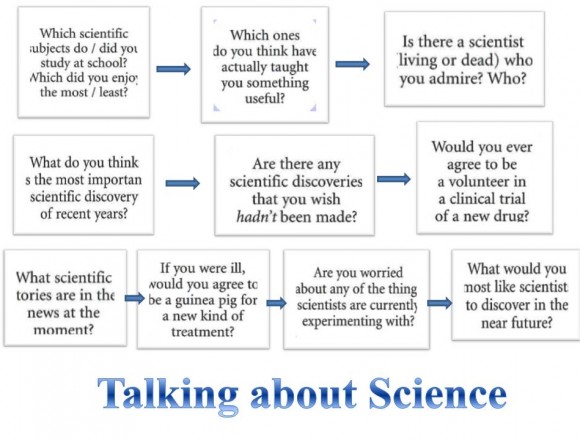
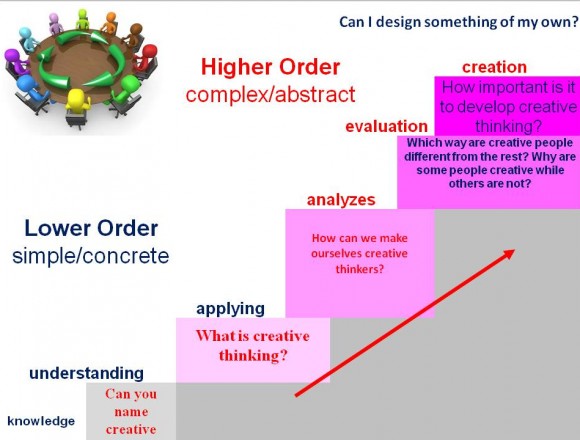
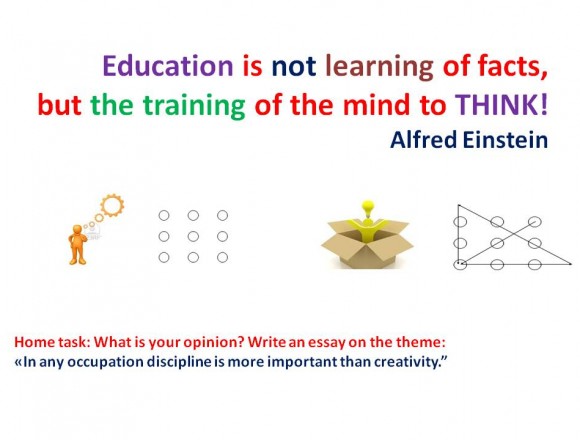
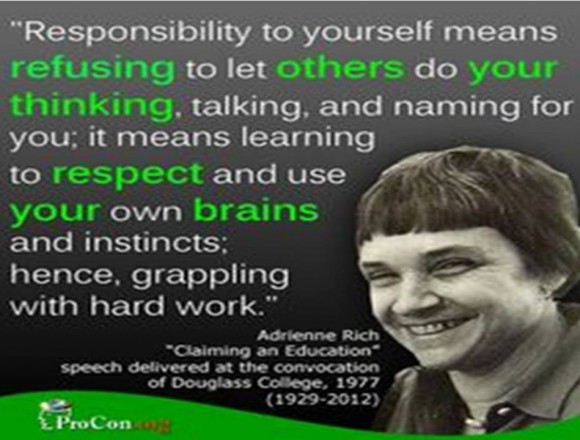
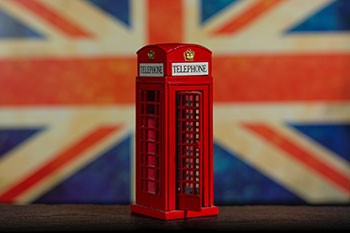
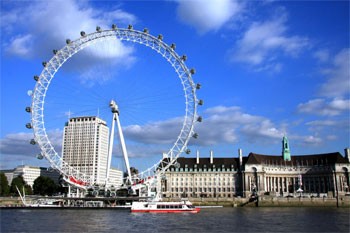
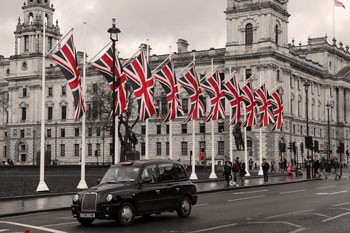
Recent comments